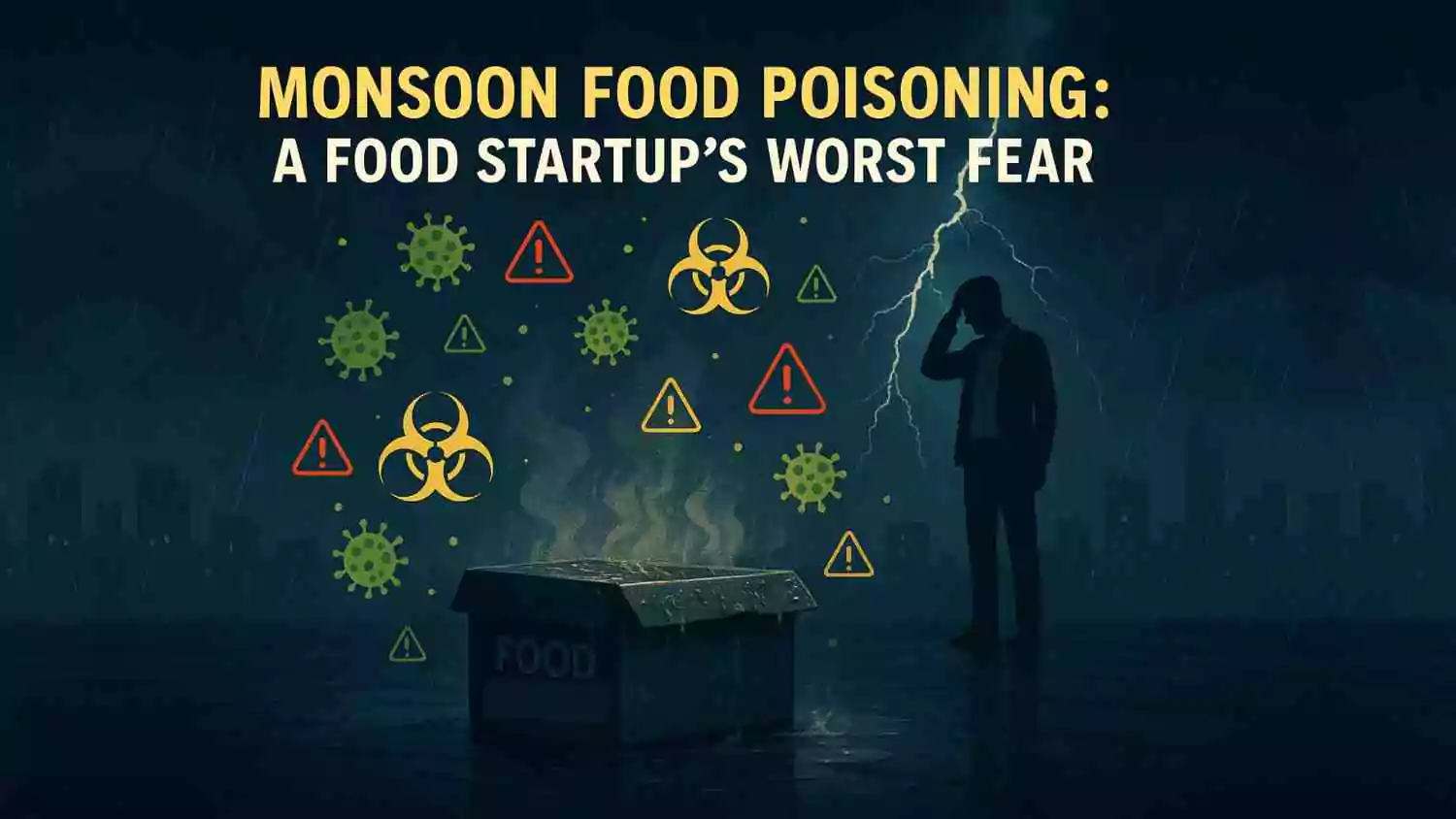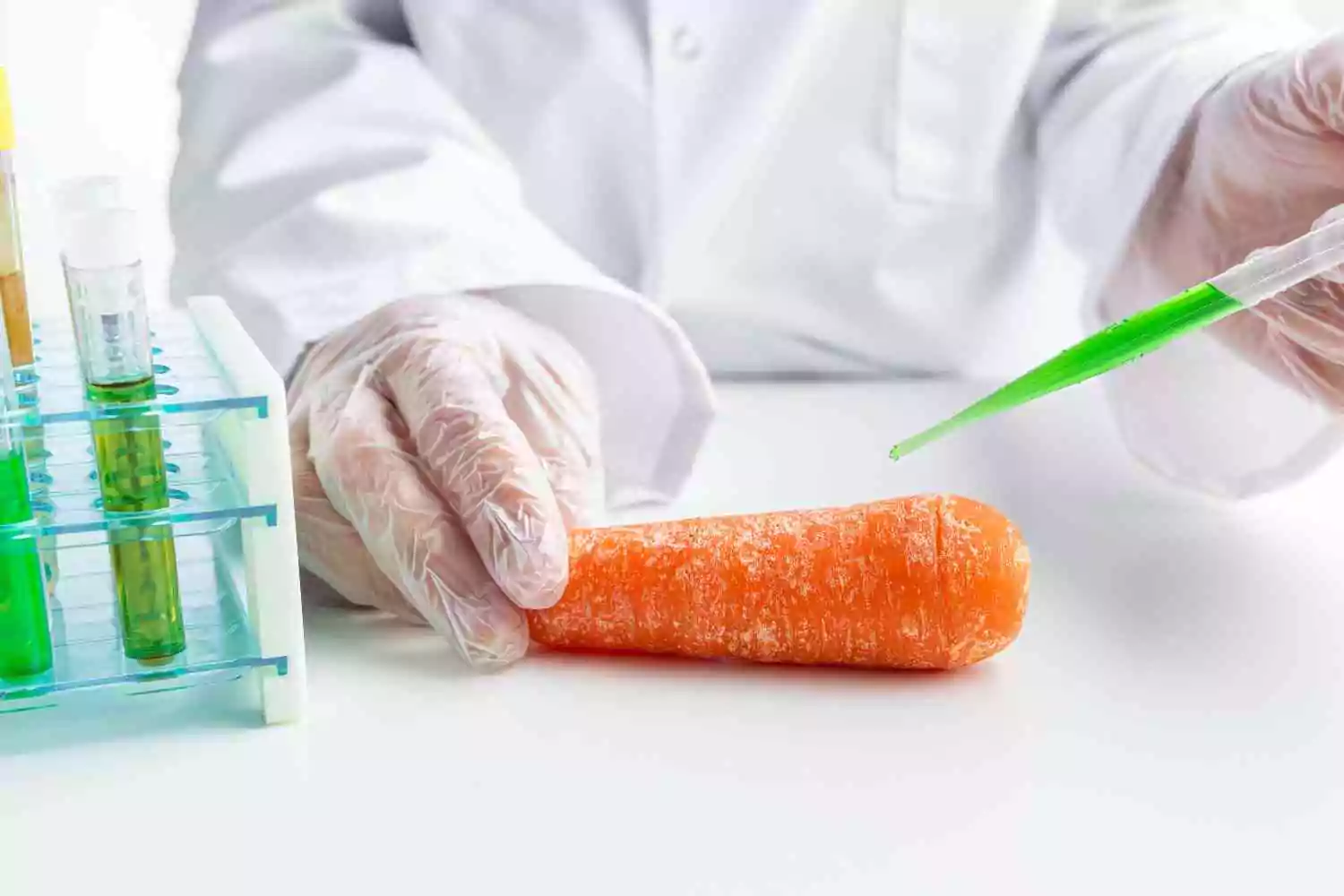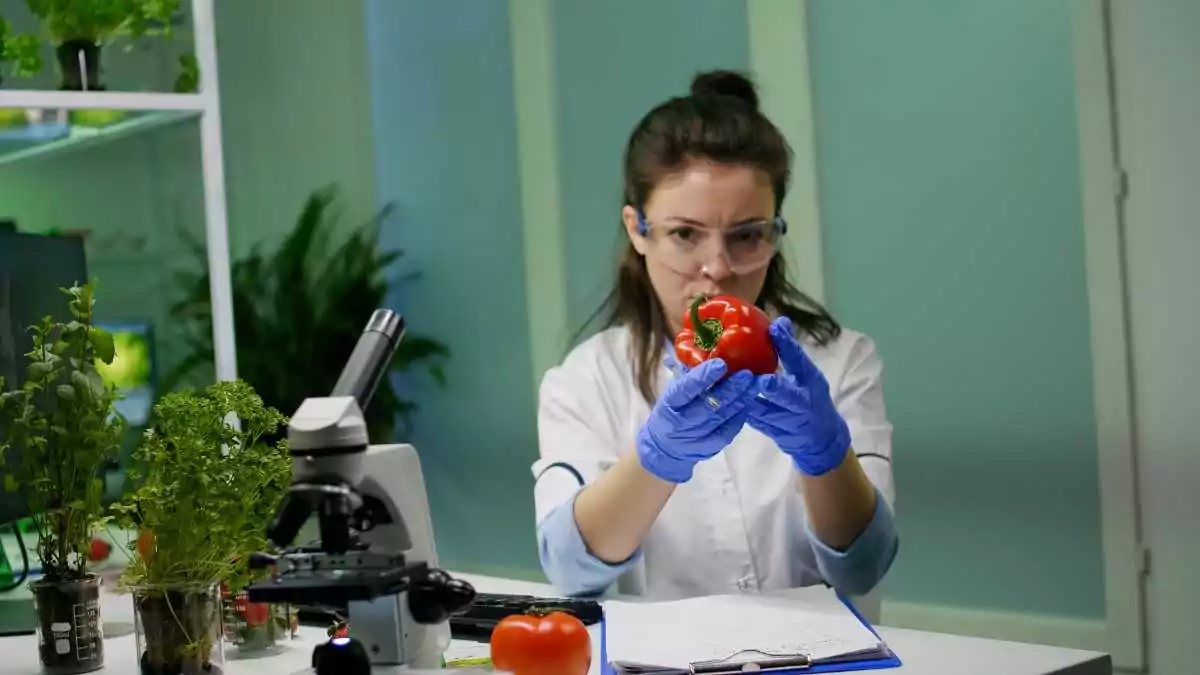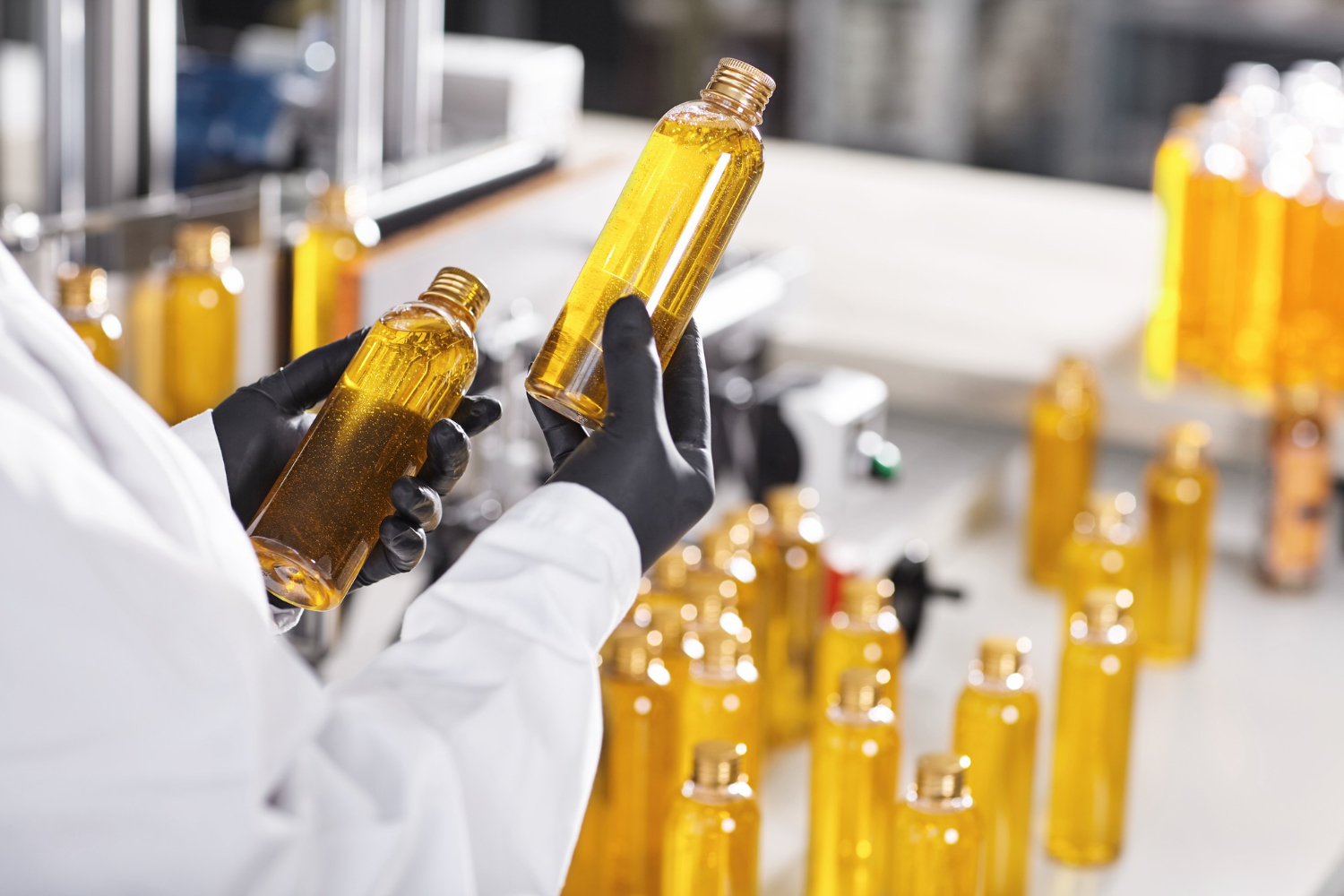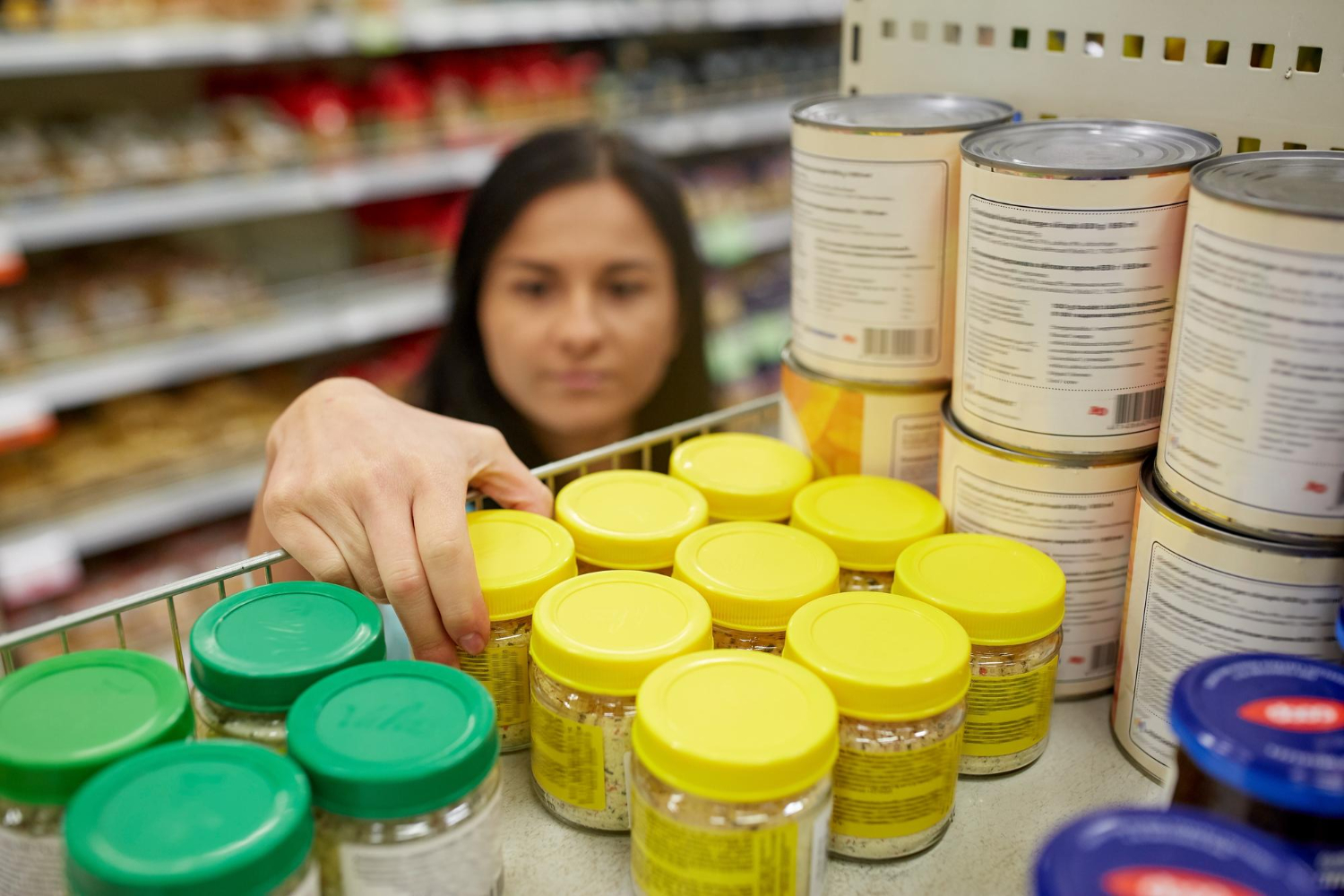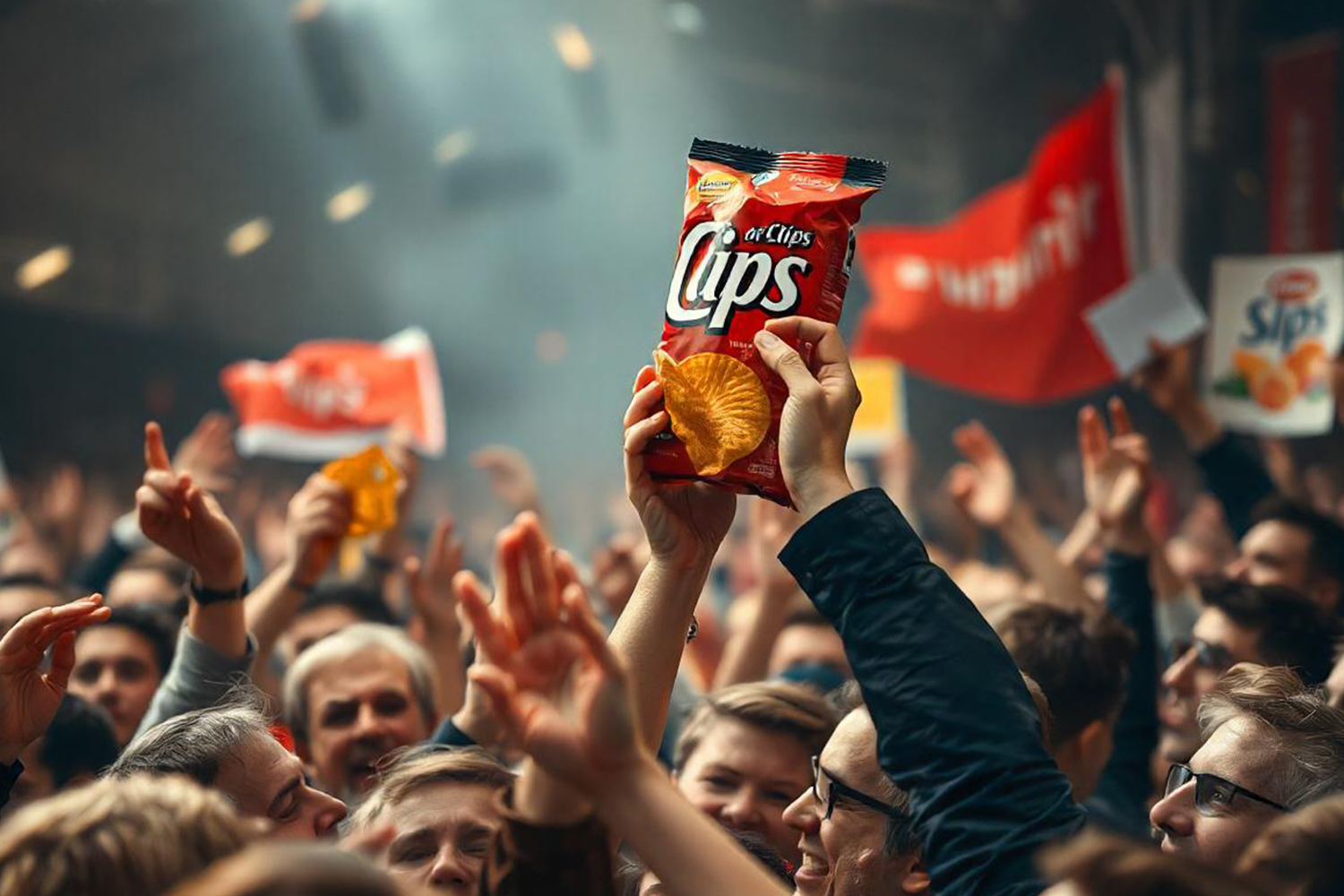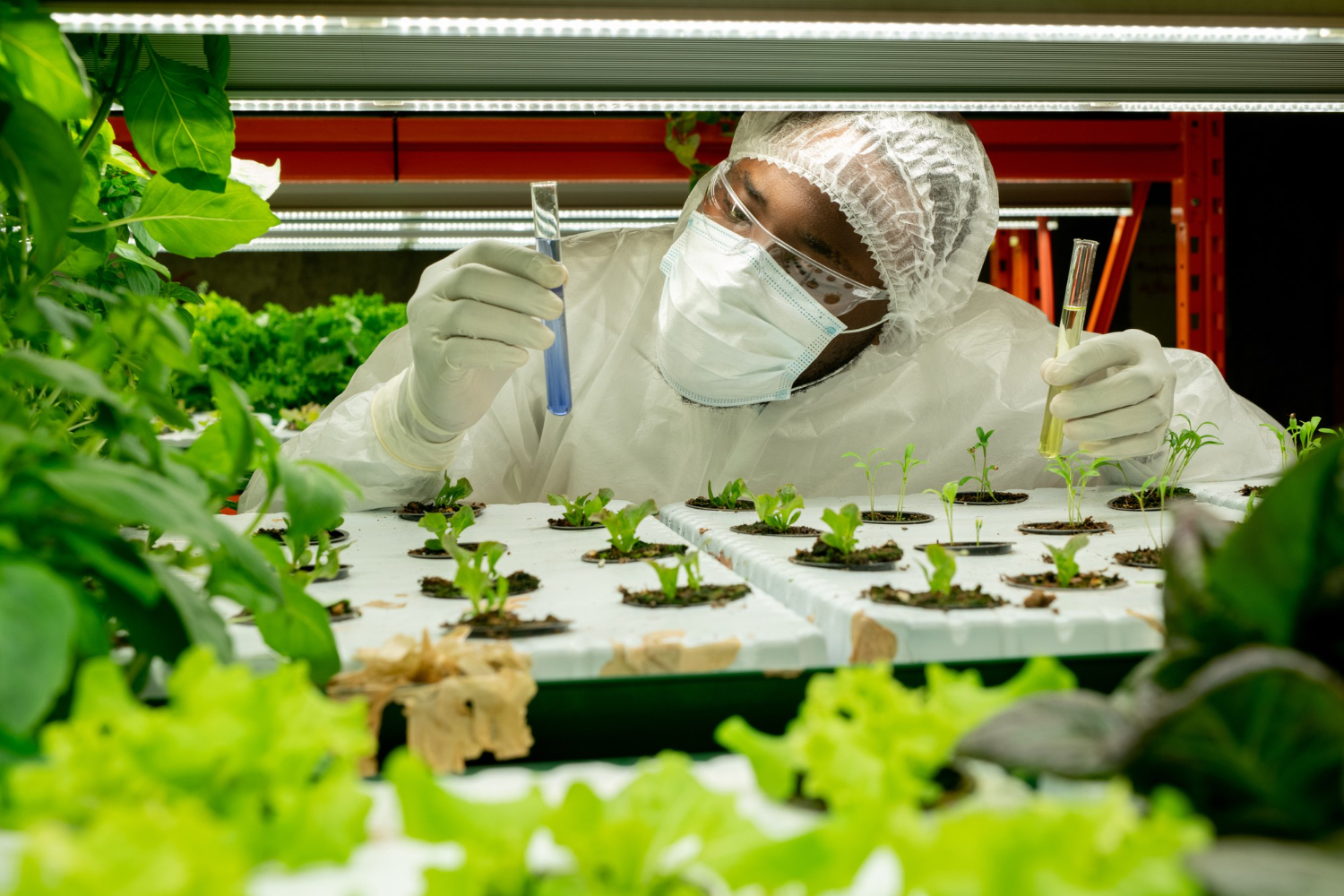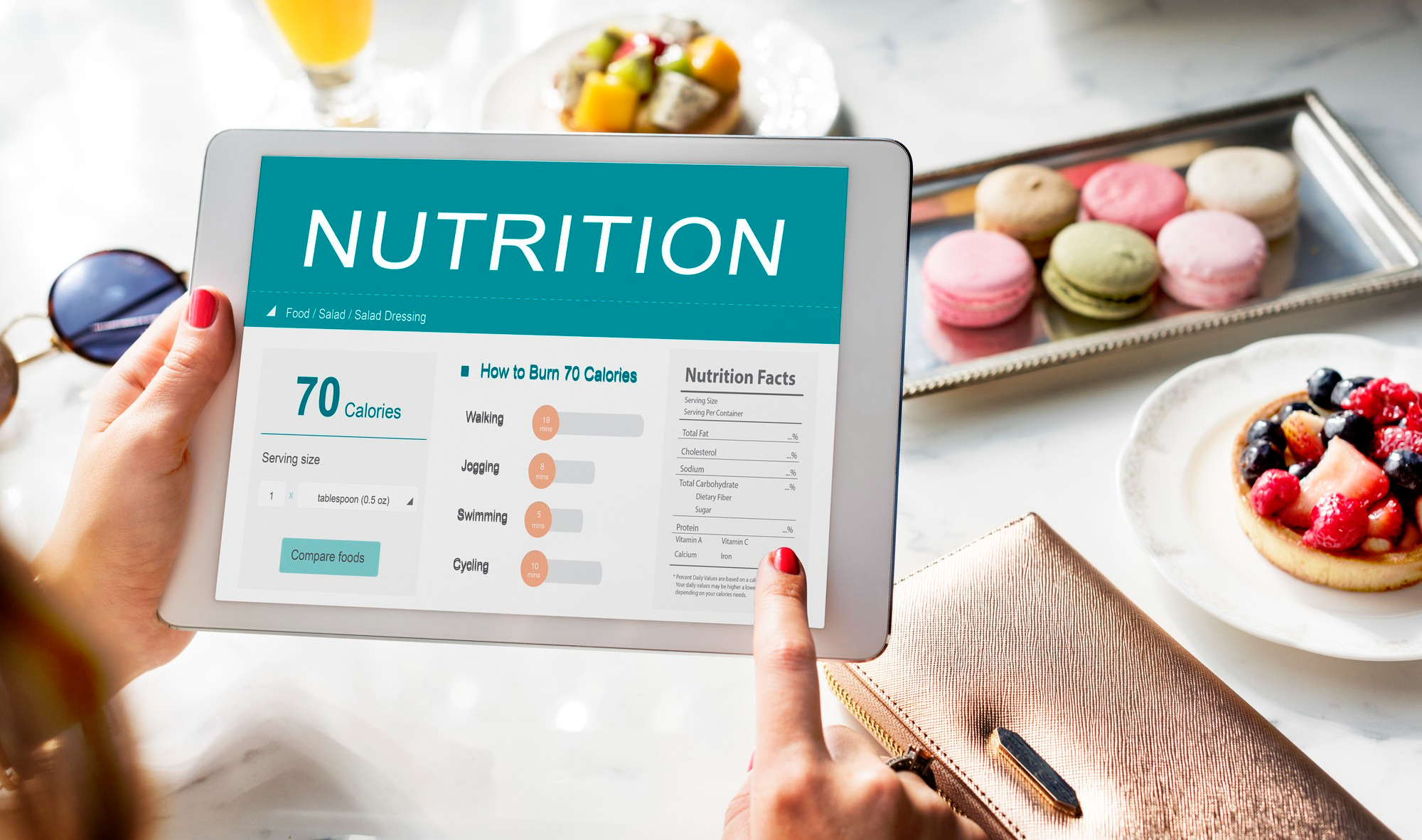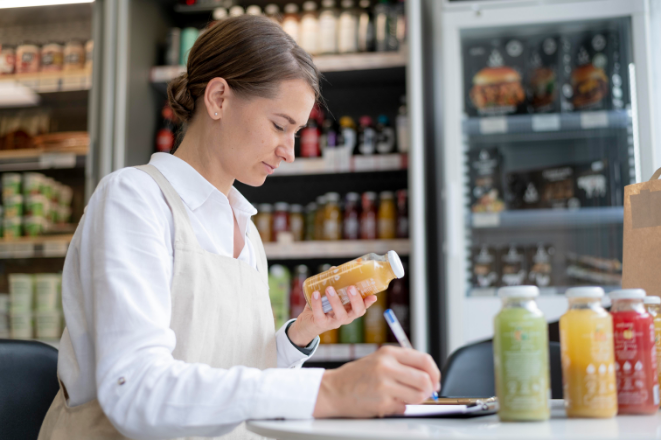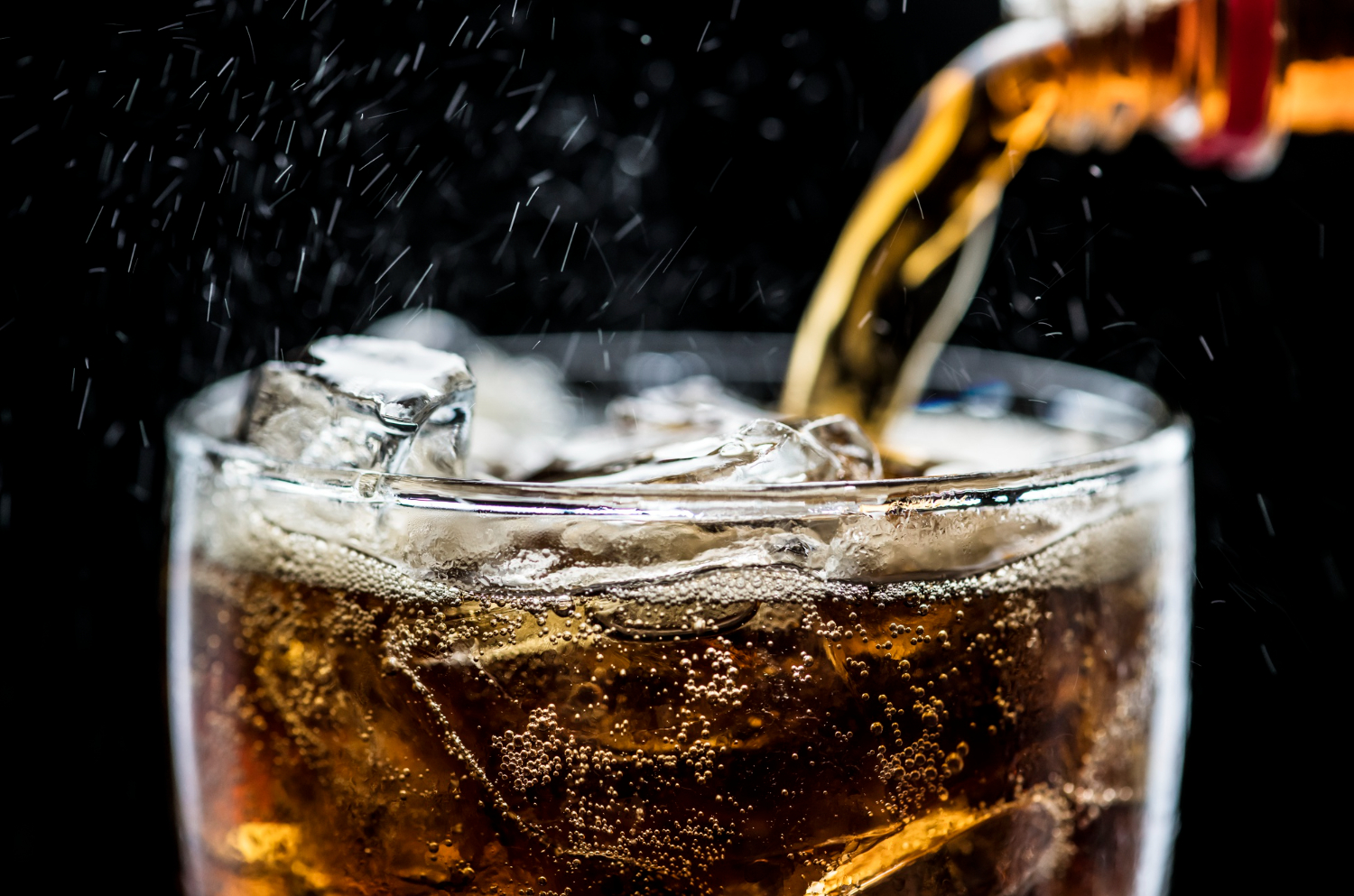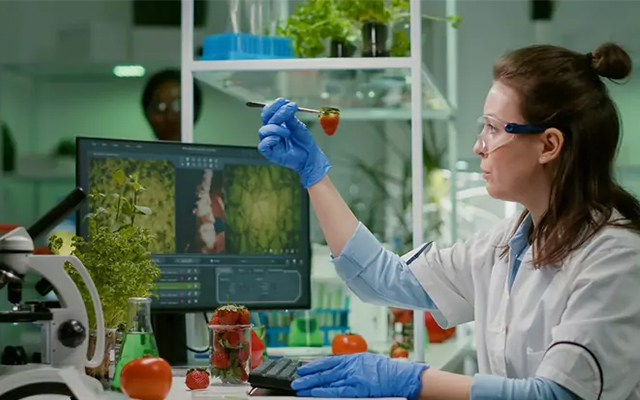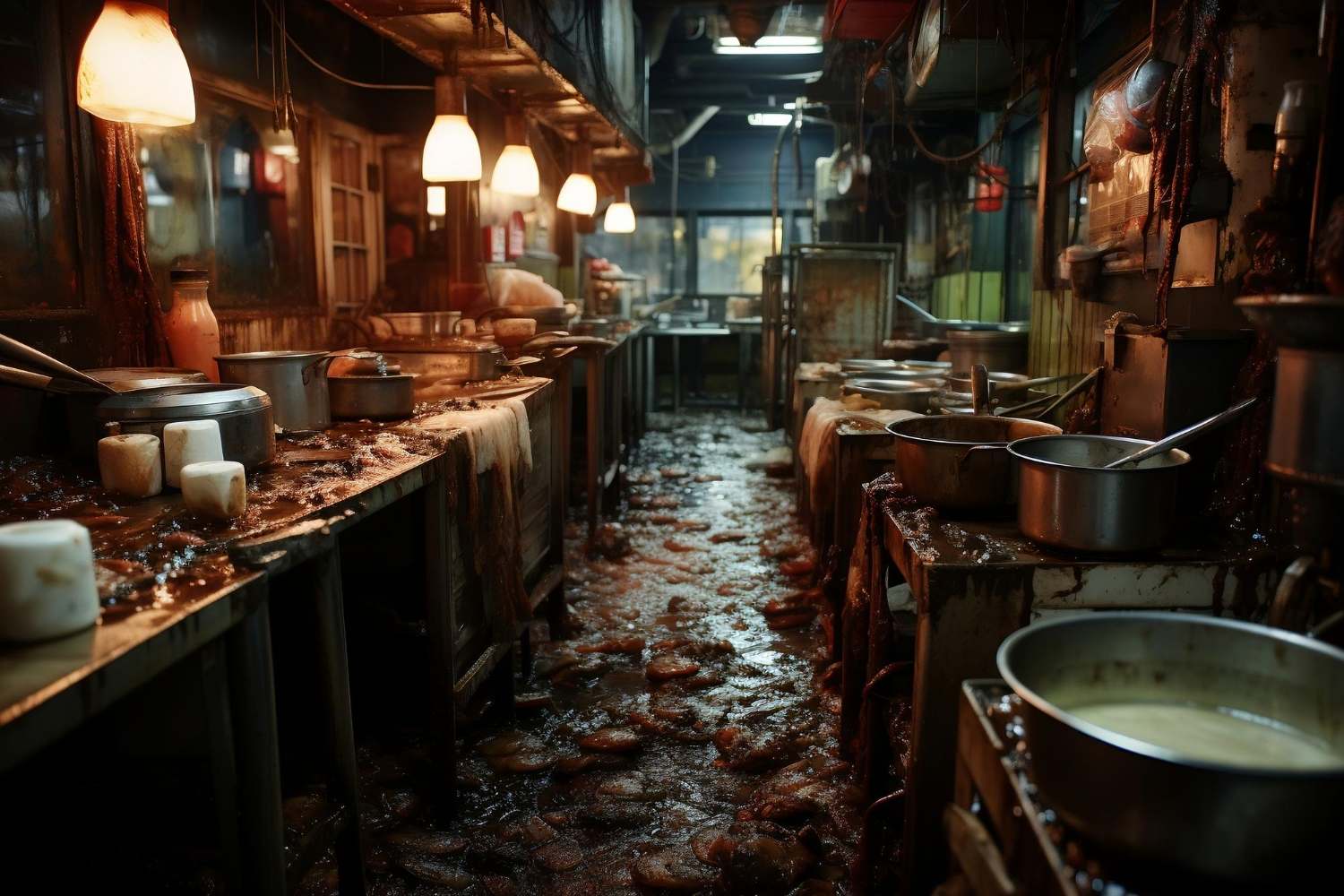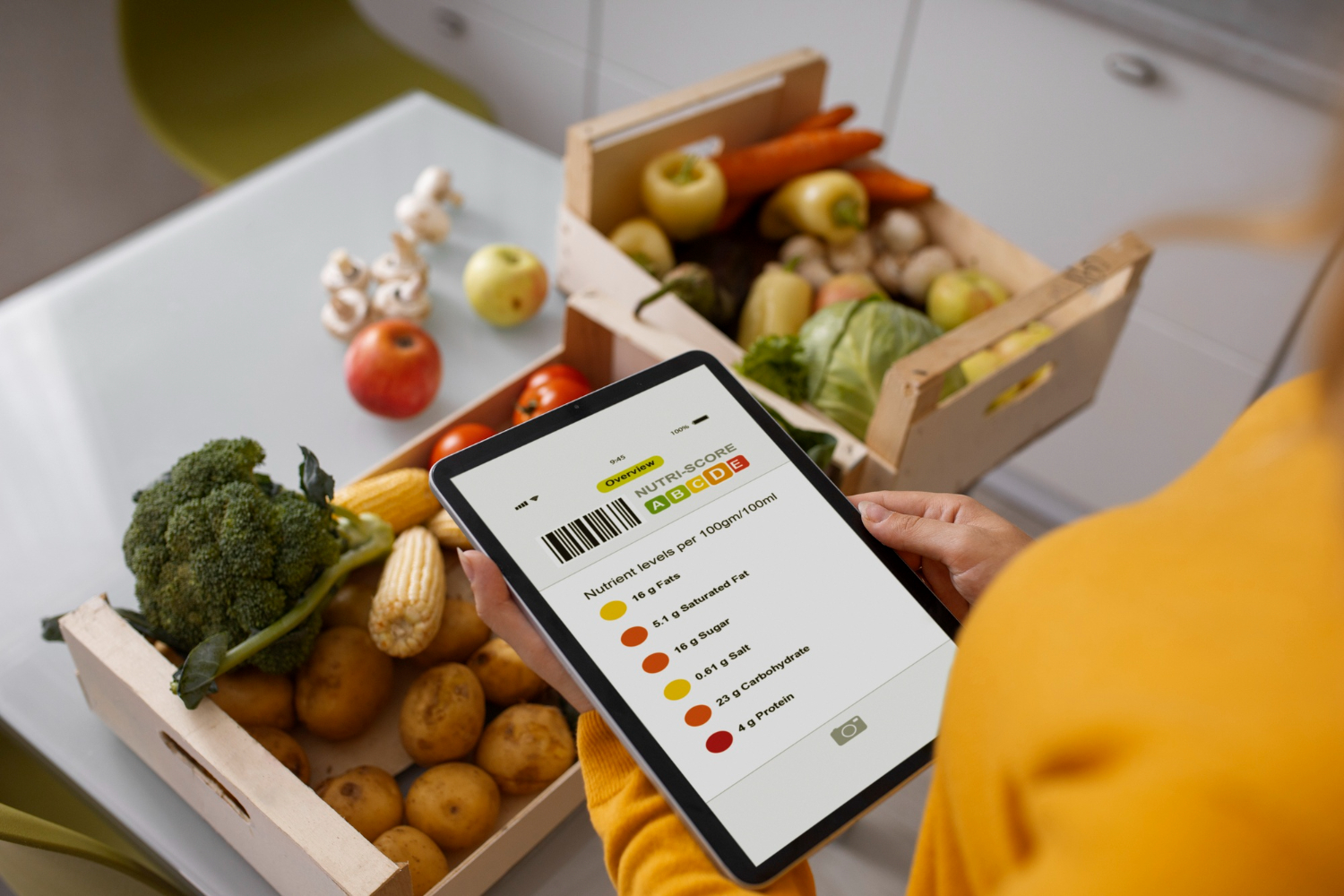Life of Food in the Refrigerator
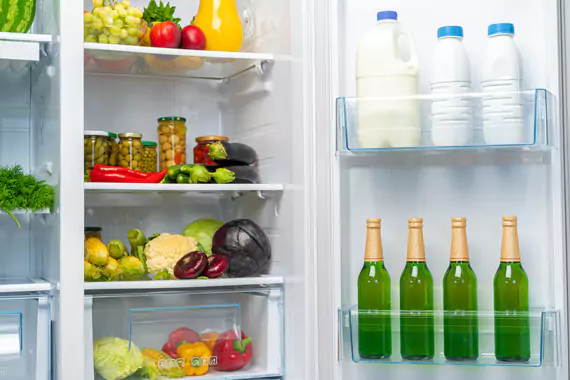
People in cities do not have a lot of free time to occasionally cook because city life is fast-paced and busy. Additionally, when the mind is overloaded with thoughts, people frequently forget about the food in the refrigerator. A lot of the time, individuals don't know when a product expires, therefore food is left in the refrigerator. People who order from restaurants store the extra food in their freezers rather than throwing it away.
Many medical experts caution against storing cooked meals in the refrigerator for extended periods of time. Water-soluble vitamins are the most unstable and quickly lost nutrients, yet most of the loss occurs while cooking, not refrigerating. When food is reheated, a majority of nutrients are lost. Cold does not degrade vitamins, but heat does. While deep-frying, boiling, sauteing, boiling, steaming and microwaving, a majority of vitamins are lost. In fact, most cooked food will remain good for at least two to three days and up to a week when stored in an airtight container.
Food can be stored for up to six months in a freezer. Every biological process slows down as temperature rises. When you store something in the fridge, you are storing the food at temperatures between 2-5 degrees celsius. Spoilage happens as a result of bacteria and fungi, enzymes and oxidation, which slow down at low temperatures.
However, there are a few exceptions. It is recommended to eat plain cooked/steamed rice within 1-2 days because it can occasionally get contaminated with a bacteria that doesn't tolerate low temperatures. When food is kept in the fridge for a day or two, the taste and texture can be plainly detected. Not only the nutritional aspect, but the food loses its sensory aspect of taste sometimes. Additionally, Indian food tends to be salty, sour and spicy, thereby making it uniquely fridge-friendly.
Many countries have strict regulations regarding shelf life labelling and food safety. Regular shelf life testing helps you comply with these requirements by providing accurate data to support your product's shelf life claims, hence reducing the risk of regulatory fines or product recalls.
Perishable food items like bread, fruit and vegetables, meat, chicken, fish, dairy products, and eggs should be kept in the refrigerator and used within a few days to a week. Bacteria, also referred to as germs, may begin to multiply in refrigerated leftovers after 3 to 4 days. This development raises the probability of food poisoning or a foodborne illness. In most cases, bacteria does not alter the flavour, aroma or appearance of foods. As a result, it is impossible to tell if a food item is safe for consumption. From a practical point of view, none of us immediately store cooked foods in the refrigerator. Food is usually kept at room temperature until it reaches an ambient temperature for eating, following which it is refrigerated.
Consequently, the environment is ideal for germs to quickly multiply and contaminate the food. This explains why some food leftovers do not taste as nice as they should. In order to stop the bacterial growth, leftovers should be covered or stored in airtight containers and kept on the uppermost shelves of the refrigerator so they get the most cooling. It is also advisable to eat the meal that was put out first, the front should have the earliest leftovers, while the back should contain the latest.




